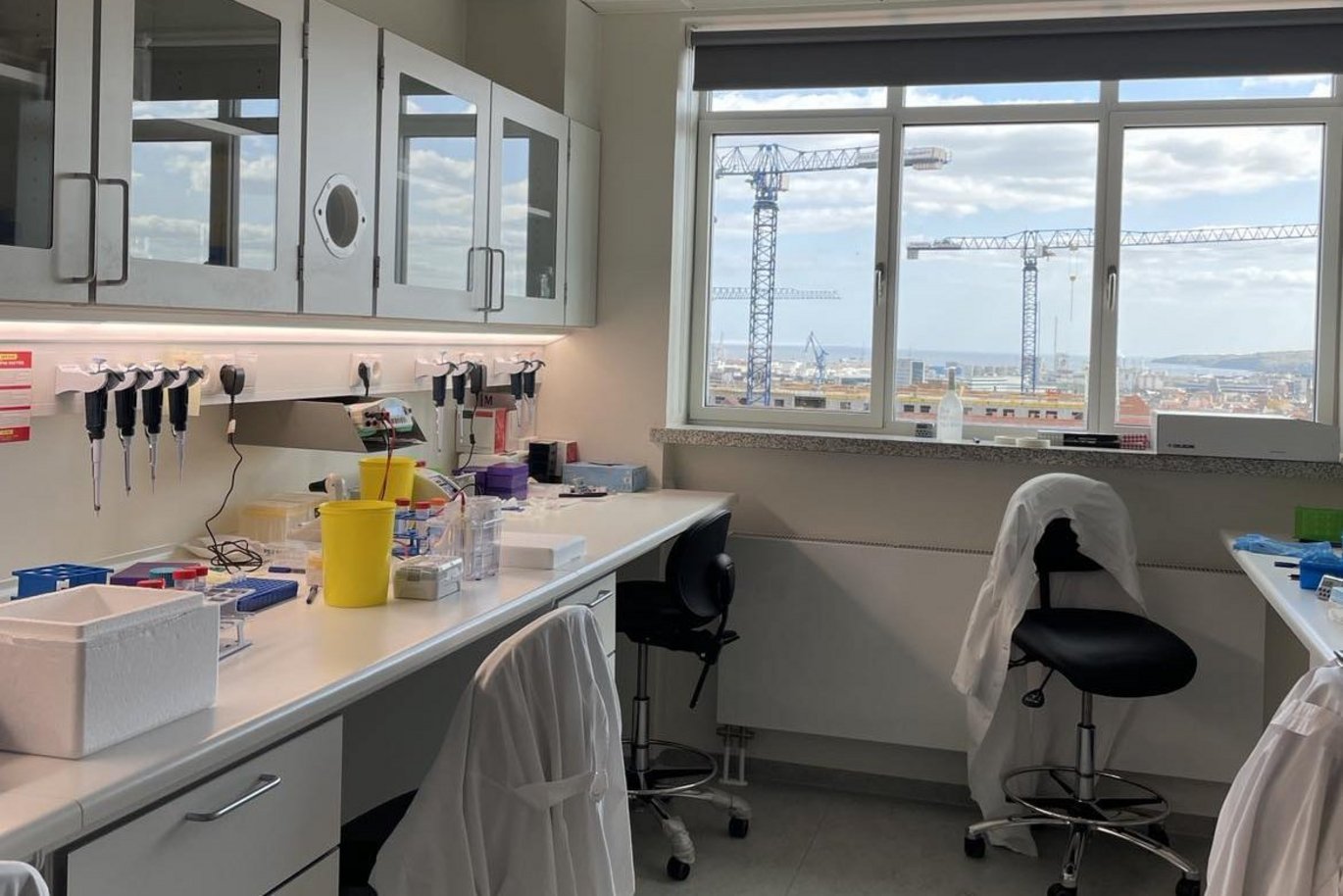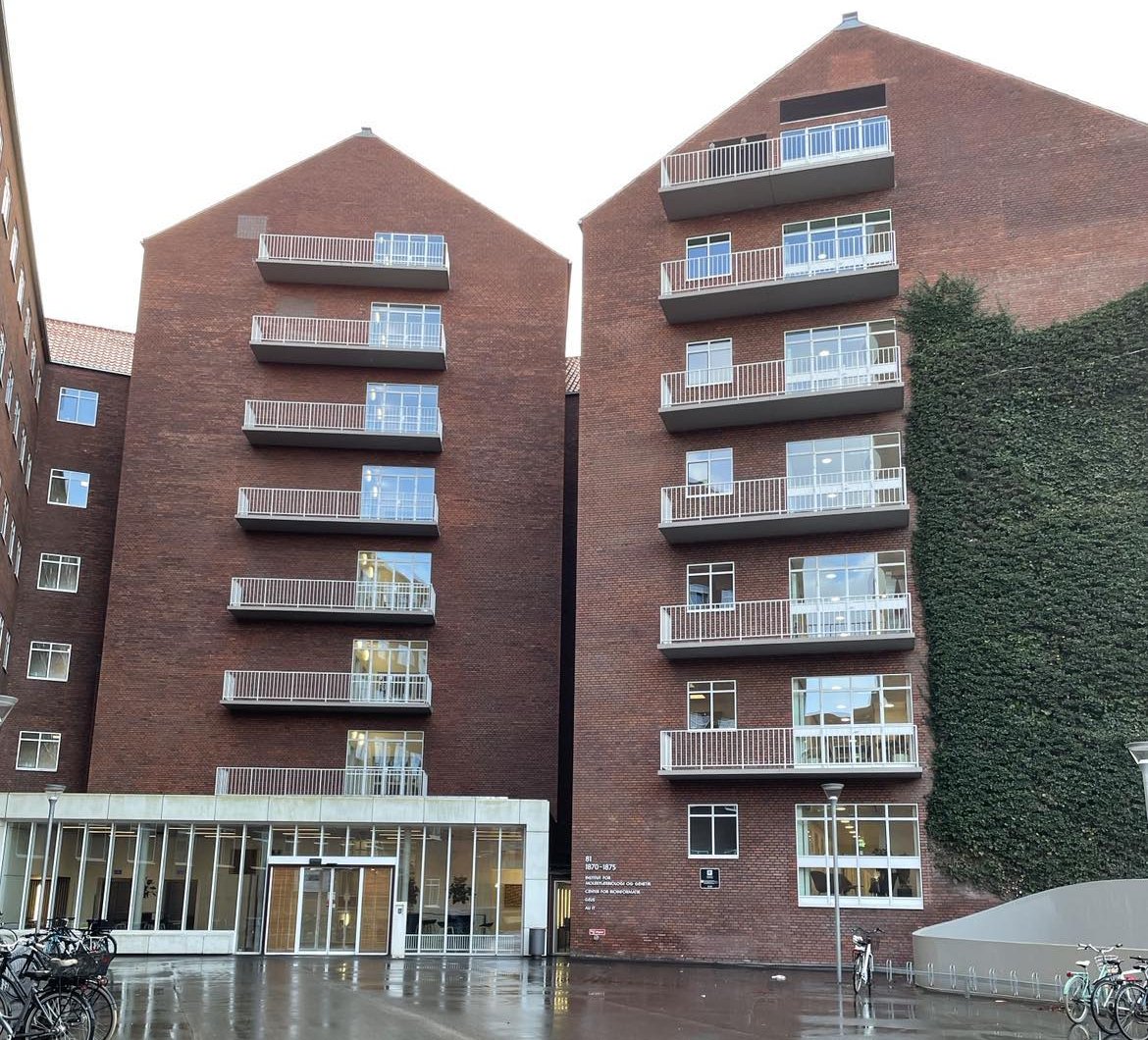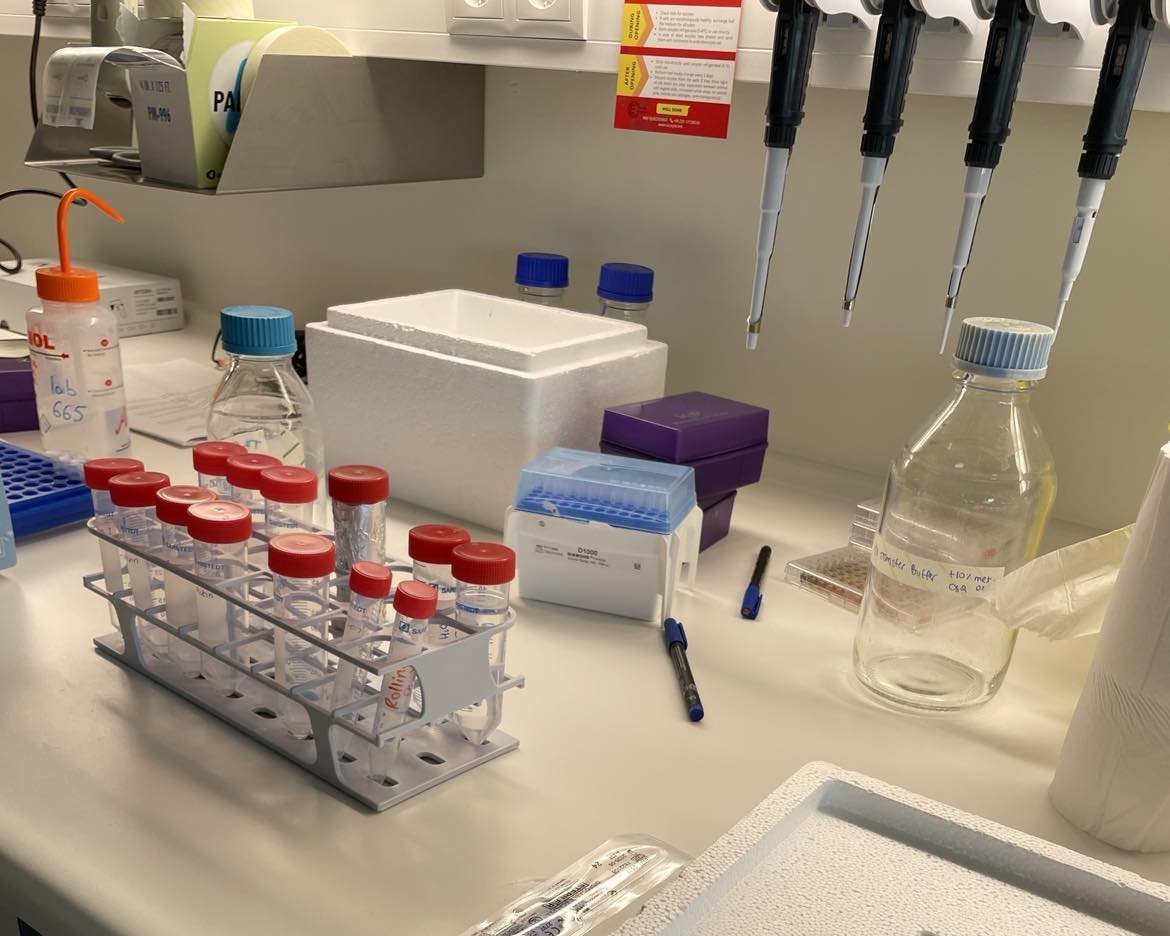Research Projects at Aarhus
Before coming to Aarhus, I was under the impression that I could not carry out a research project during my exchange here, so I was surprised when told that this option was available to me at my departmental introduction.

Before coming to Aarhus, I was under the impression that I could not carry out a research project during my exchange here, so I was surprised when told that this option was available to me at my departmental introduction. Since my stay was for a full year, I had time to consider my options throughout the first semester before committing - this made the decision-making process easier! However, not everybody has a full year to mull over their decision, so I’ll give some insight into my research experience at Aarhus to help you decide if this is also for you.
Why a Research Project?
Some might wonder why I took on a research project during my exchange. I arguably created a lot more work for myself than choosing a class for 10 ECTs instead. Yet, I thought it worthwhile to take advantage of all the opportunities available to me at Aarhus, and gaining more research experience and lab time seemed like a wise decision for my future!

My Experience
I had the choice of taking a Molecular Biology Project or a Biology Project, and after looking into both options, I chose the former. The next step was to find a project supervisor. This involved looking through a webpage full of project descriptions and reaching out to labs whose research I was interested in. This all led me to the DVA lab, and my research project there.
The first few weeks of Spring semester I spent on preliminary research and outlining what I would be doing in my project and how I would use my time. There’s some freedom with research projects when it comes to your schedule - I allocated the free time around my other two classes to spend in the lab. This (mostly) looked like 2 days a week. My time in the lab involved working closely with a supervisor, developing my laboratory techniques and carrying out research. After two covid-affected years at my home university, I really wanted to gain confidence in my practical abilities as a scientist, and the research project certainly helped. My project involved working with neuronal receptors – much of my time was spent culturing cells and Western blotting!
As well as gaining practical experience, something you can’t always obtain through classes which tend to focus on theoretical background, I experienced other aspects of life in research. Impromptu scientific discussion, seminars and lab meetings are also central to the work-life of researchers and, as a lab member, I experienced this too! Another key aspect of scientific research is problem-solving and I certainly experienced this; throughout my project, we frequently tinkered with experimental conditions and protocols, all in the hopes of optimisation! Altogether, this experience was informative for me moving forward academically and career-wise.
What am I taking from this?
Now I am returning home to complete the final year of my degree, where I will again carry out a research project - I hope that some of the independence and confidence that I gained will be handy with this, and in all my other endeavours in research and as a scientist! If you also have the opportunity to take a research project during your time here, I highly recommend it - you will gain invaluable experience and insight, even if you decide that it’s not for you in the end.

Tips
- Start looking into your options and reach out to labs early. Some labs only have capacity for a few students, and you don’t want to miss out!
- Keep your mind open. It is of course important that you’re interested in the research that a lab is doing, but don’t limit yourself too much – with most labs, there’s the opportunity for discussion about what it is that you’re interested in and whether that lab can facilitate it.
- Read up on the research group. It is always useful to have a read of some literature from the labs that interest you because this gives you greater insight into the work they do and what you could potentially collaborate on. You will also feel more confident when you go to discuss projects with the head of the lab if you’ve read some of their output, and the discussion will be more productive.
- Reach out to a few supervisors. By reaching out and discussing project ideas with a few different labs, you put yourself in the best position to pick the project that piques your interest the most.
